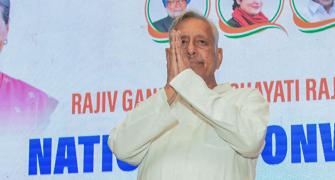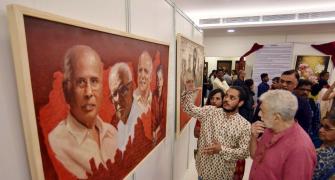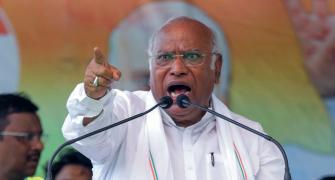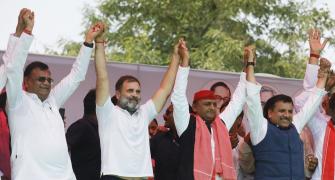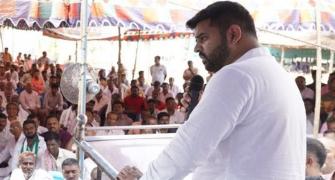The Englishman was in Mumbai recently to launch Metro's fourth store in India. In a brief interview with Business Standard, Scott gives insights on Metro's cash-and-carry model and consumer behaviour in India.
What is your business model?
It's a high-volume, low-cost operation. We work on efficiencies, generating high sales per square metre and per employee. If we get a pack of 24 bottles of Bisleri water, we will put it in on the shelves, and in one transaction sell it to one customer in a single check-out. In a retail store, you have to sell single pieces.
Transactions of single, low-value items are inefficient. In our case, there is less handling of goods.
Does that mean you make more money?
Our margin structures differ from retail; price-positioning is different. Cash & Carry is also different in terms of utilisation of space. We have a bulk presentation and thus generate high volumes from less space. We work seven days a week, 365 days a year, from 6 am to 10 pm.
Our store timings are dictated by customers. Typically, many of our customers (from hotels and restaurants) buy from traditional mandis early in the morning to get fresh produce. We want to provide them with the same option.
In Pakistan, for instance, we have already modified timings: Many people go to purchase goods in the evening. So our stores are open from 7 am to 11 pm.
Why does Metro prefer to own its stores?
Since we are here for the
long term, we don't want to deal with the uncertainties of a lease. In a lease, you could be paying rentals of Rs 50 per sq ft. If you own a place, you could be charging depreciation at Rs 45 per sq ft.
We find this more efficient for our profit and loss account. We want to construct a building that can be a landmark for 50 years. Mumbai is a unique location where we are a part of a shopping complex. Otherwise, Metro Cash & Carry stores are always situated at a standalone location.
What scope do you see in the market?
There's a lot of opportunity. With the economy and disposable incomes growing, our customers are also growing. In a developing market, a restaurant typically starts by selling dal and roti. As it grows, it adds items to its menu. This is how a market develops. Kirana stores currently sell a narrow assortment of products.
We also support our customers; advise them on how they can grow their business. We also send a Metro mail, advertising our offers.
Every customer has a card, which helps us maintain direct contact. We can find out what they buy and when they buy. We advise them to try new things. We also have private labels like Aro, a tomato sauce exclusively packed for Metro.
It's cheaper (by a third than big brands) but offers the same quality.
What are your views on consumer behaviour in India?
Our business has been consistently growing ahead of the market (faster than the GDP). Consumer behaviour is different in every market, and we stock our assortments according to specific needs. Restaurants in France have different purchasing habits than those in kiosks in Germany. In India, more people buy vegetables than fish and
meat.
In Mumbai, we can cater to international restaurants with our large assortment of fish and meat.


